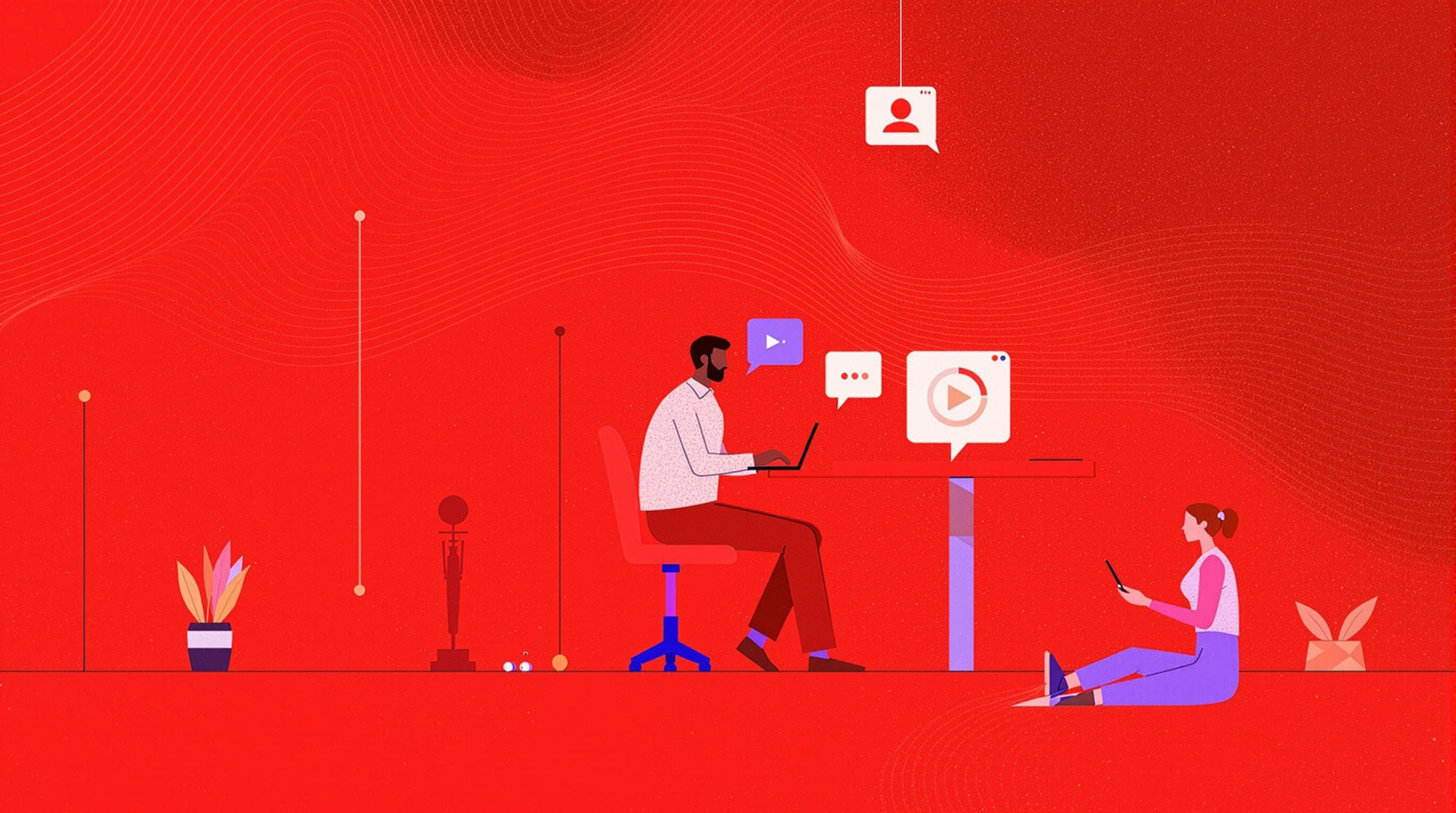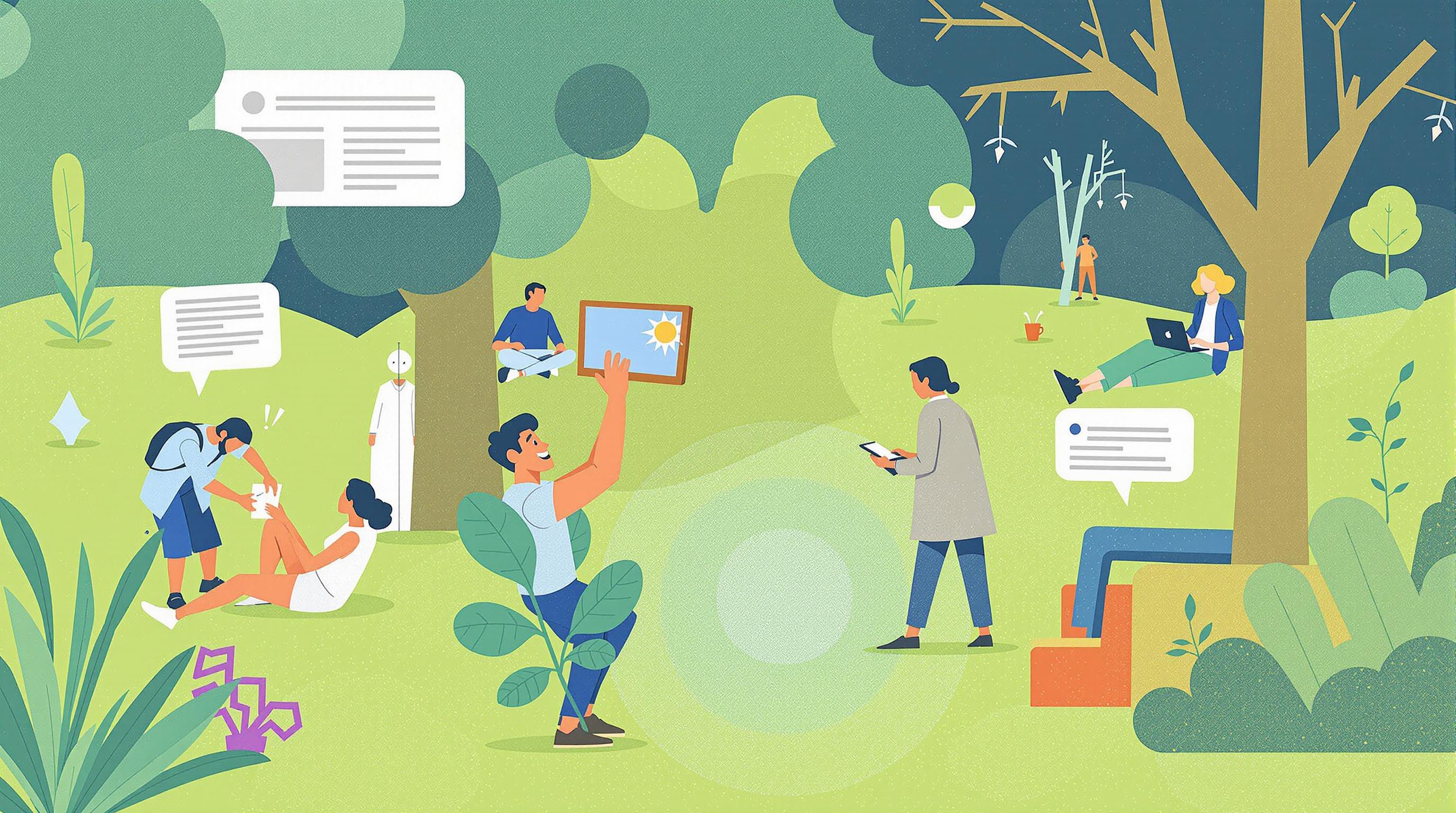Related Articles
- Navigating the Talent Labyrinth: How Emotional Intelligence Is Shaping New Hiring Practices in Unseen Markets
- Behind the Scenes: How Automating HR Processes Is Redefining the Future of Recruitment and Job-Seeking Strategies
- Beneath the Surface: Unveiling the Surprising Role of Environmental Sustainability in Shaping Future Careers
- Exploring the Quirky Side of Remote Work: How Hobbies Are Fueling Professional Success in Unexpected Ways
- How the Remote Revolution is Inspiring Unlikely Friendships Across Continents: A Study of Global Connectedness
- The Unforeseen Bond: How Virtual Coworking Spaces Foster Unexpected Connections Amidst Remote Work
Exploring the Quirky Side of Remote Work: How Hobbies Are Fueling Professional Success in Unexpected Ways
Exploring the Quirky Side of Remote Work: How Hobbies Are Fueling Professional Success in Unexpected Ways
As remote work continues to redefine professional landscapes, many are discovering that their hobbies can simultaneously serve as productive outlets and contributors to career success. This article will explore how diverse extracurricular passions are enhancing creativity, fostering connections, and ultimately transforming professional trajectories in unexpected ways.
The Great Escape: Why Hobbies Matter
Perhaps it's no surprise that a recent survey by the Statista Research Department found that 66% of remote workers believe their hobbies contribute positively to their professional lives. The most engaging activities can not only provide an enjoyable respite from daily tasks but also stimulate cognitive development and strengthen problem-solving skills. Think of hobbies not as distractions but as invaluable tools that can enhance your professional performance.
Finding Balance: A Story of Juggling Hobbies
Meet Alex, a 32-year-old graphic designer from Denver. During the height of the pandemic, Alex discovered a passion for pottery. Inspired by YouTube videos, he purchased a starter kit and soon found himself covered in clay, spinning pots on a wheel. Initially, it seemed like merely a creative outlet. However, after a few months, he noticed that his artistic skills began to flourish in his professional work at a marketing firm. His newfound hobby influenced his designs, allowing him to channel unconventional shapes and textures into his projects.
The Power of Networking Through Shared Interests
While some might be content to revel in their hobbies alone, others find that these interests create powerful networking opportunities. For instance, participating in a local knitting club or a book club can lead to unexpected professional connections. Networking through common interests can be less intimidating than traditional methods, allowing you to connect with potential collaborators or mentors in a more relaxed environment. How cool is it to share ideas over a cup of coffee while discussing your latest crochet project?
Creativity Unleashed: The Uncommon Reasons Hobbies Fuel Success
What separates successful remote workers from others often hinges on the unique perspectives they can bring to their roles. **According to a study by the National Endowment for the Arts**, creative activities like painting, writing, or performing can boost cognitive flexibility, making it easier to respond to challenges with innovative solutions. One company that really gets this is the marketing agency FCB Chicago; they implemented a "Creative Hour" policy that encourages employees to engage in personal projects during work hours, leading to a 20% increase in campaign effectiveness.
Work-Life Integration: Embrace Your Quirks
Many users on flexible work platforms are seasoned professionals who’ve built substantial careers. Yet, when they find themselves at home, their quirks and passions resurface. Some may embrace their inner child and spontaneously start blogging about their favorite video games or home-cooking experiments. Just like Lisa, a 45-year-old marketer who creates YouTube videos about her unique travel experiences interlaced with cooking segments from different corners of the world. “People love it when I combine my passions,” she shares, shrugging off the worry of how it might be seen in the workplace.
Health Benefits: Playing the Long Game
Surprisingly, engaging in hobbies can contribute to improved mental and physical health, critical components of professional sustainability. According to a study in the journal PLOS ONE, those who actively pursue creative outlets report lower stress levels and increased happiness. This can lead to reduced burnout rates, which is every remote worker’s nightmare. Imagine being able to unleash your creativity while keeping your sanity intact! It's a win-win.
Statistics that Speak Volumes
When advocating for the benefits of hobbies, it’s hard to overlook the statistical impact they have on professional life. A survey conducted by the American Psychological Association found that taking breaks to engage in productive leisure activities can improve focus and productivity by up to 30%. In practical terms, this means that resisting the urge to scroll mindlessly through social media in favor of working on your photography skills can yield tangible work improvements.
Rethink Productivity: The Less Conventional Route
The traditional 9-to-5 workweek is waning as many companies embrace flexible hours. A charming example is a 24-year-old software developer named Jamie, whose passion for stand-up comedy turned into a side hustle. He discovered that his comedic timing improved his presentations, captivating his audience and rating him among the top speakers in his organization. Even the most serious tech meetings became engaging, as Jamie effortlessly integrated humor and storytelling into his pitches.
Connecting with Others: Communities Built on Hobbies
It’s fascinating how many connections can stem from shared interests. The online woodworking community, for example, has turning hobbyists into professional woodworkers. Platforms like Instagram and Reddit are rife with testimonials from individuals who transformed their craft hobbies into full-length businesses, simply by interacting with fellow enthusiasts. Carla, a 28-year-old graphic designer, transitioned to a full-time Etsy shop owner, showcasing her floral designs on artisanal products.
The Quirks of Life: Embrace the Unusual
When it comes to remote work, it’s often the quirkiness of our hobbies that sets us apart from one another. Whether it's juggling or unicycling, the unusual interests can become conversation starters or even lead to unexpected collaboration. In a world where differentiation is key, your peculiar interests can serve as a unique professional brand. Remember, with each unique ability comes an array of possibilities and networking opportunities! Weird hobbies are sometimes the best.
A Case Study: How a Hobby Saved a Career
Jack used to be a mundane accountant. After several months of feeling monotonous, he decided to take up improv classes, intending it to be a hobby. The skills he developed through improvisation revitalized how he approached his clients and fellow coworkers; he learned to think on his feet. Initially intended as a way to break from routine, his passion for improv led him to pursue a new career direction in business storytelling, a niche but rapidly growing field.
Conclusion: Make Hobbies Work for You
As remote work continues to evolve, our hobbies can become powerful tools for professional success. The unconventional routes paved by our passions can lead to improved creativity, health, and even fruitful networking opportunities. Instead of viewing hobbies as distractions, start embracing them as essential components of a well-rounded and successful professional life. Leverage your quirks, connect with others, and remember—it's not just about work; it’s about creating a fulfilling life.





